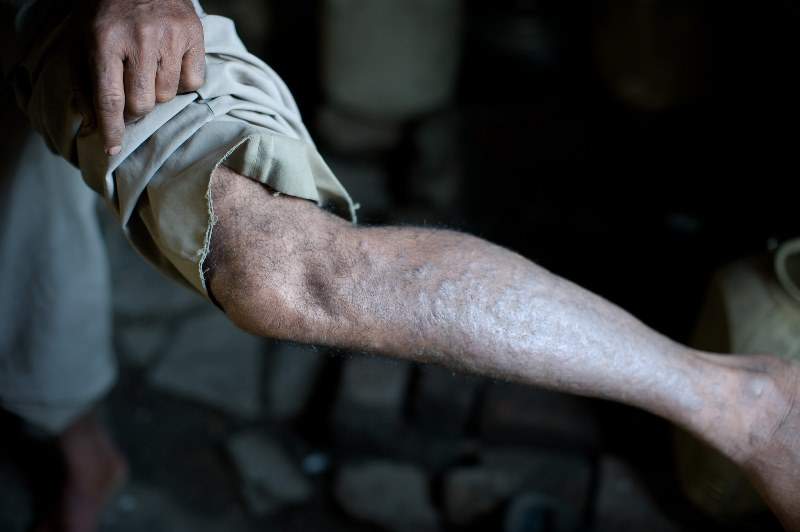
The Janssen Pharmaceutical Companies of Johnson & Johnson has reported positive long-term results from Phase lll Voyage 1 and 2 clinical trial programme that studied Tremfya (guselkumab) compared with Humira (adalimumab) to treat patients with moderate-to-severe plaque psoriasis.
The results showed considerable improvements in long-term patient-reported outcomes (PRO) in patients switched to guselkumab at Week 28, after an initial inadequate response to adalimumab.

Discover B2B Marketing That Performs
Combine business intelligence and editorial excellence to reach engaged professionals across 36 leading media platforms.
Both the psoriasis symptom and sign diary (PSSD) and Dermatology Life Quality Index (DLQI) score of the patients treated with guselkumab saw improvements at Week 100.
The number of patients with a PSSD score of 0 grew from 4.2% and 1.1% at Week 28, to 32.6% and 18.0% at Week 100, for symptoms and signs respectively.
The proportion of patients with a DLQI score of 0 to 1 also increased from 14.4% at Week 28 to 65.3% at Week 100.
During the trial, guselkumab was reported to be generally tolerated by patients with psoriasis. The most common and common adverse events related to guselkumab were upper respiratory infection and arthralgia, diarrhoea, gastroenteritis, headache, among others.

US Tariffs are shifting - will you react or anticipate?
Don’t let policy changes catch you off guard. Stay proactive with real-time data and expert analysis.
By GlobalDataJanssen Biologics Europe, the Middle East and Africa (EMEA) Immunology medical lead Dr Jaime Oliver said: “This long-term data not only demonstrates the potential for guselkumab to improve psoriasis signs and symptoms which matter most to patients, but also shows the significance of PRO measurement tools when it comes to improving the quality of life for patients living with this debilitating condition.”
The Voyage 1 trial is a multicentre, randomised, double-blind, placebo and active comparator-controlled study that enrolled 837 patients.
The trial featured a placebo-controlled period, following which patients taking placebo crossed over to receive guselkumab, and an active comparator-controlled period comparing guselkumab with adalimumab.
Voyage 2 is a multicentre, randomised, double-blind, placebo and active comparator-controlled study that included 992 patients.
Both the Voyage 1 and 2 trials are schedule to continue for a period of five years.





